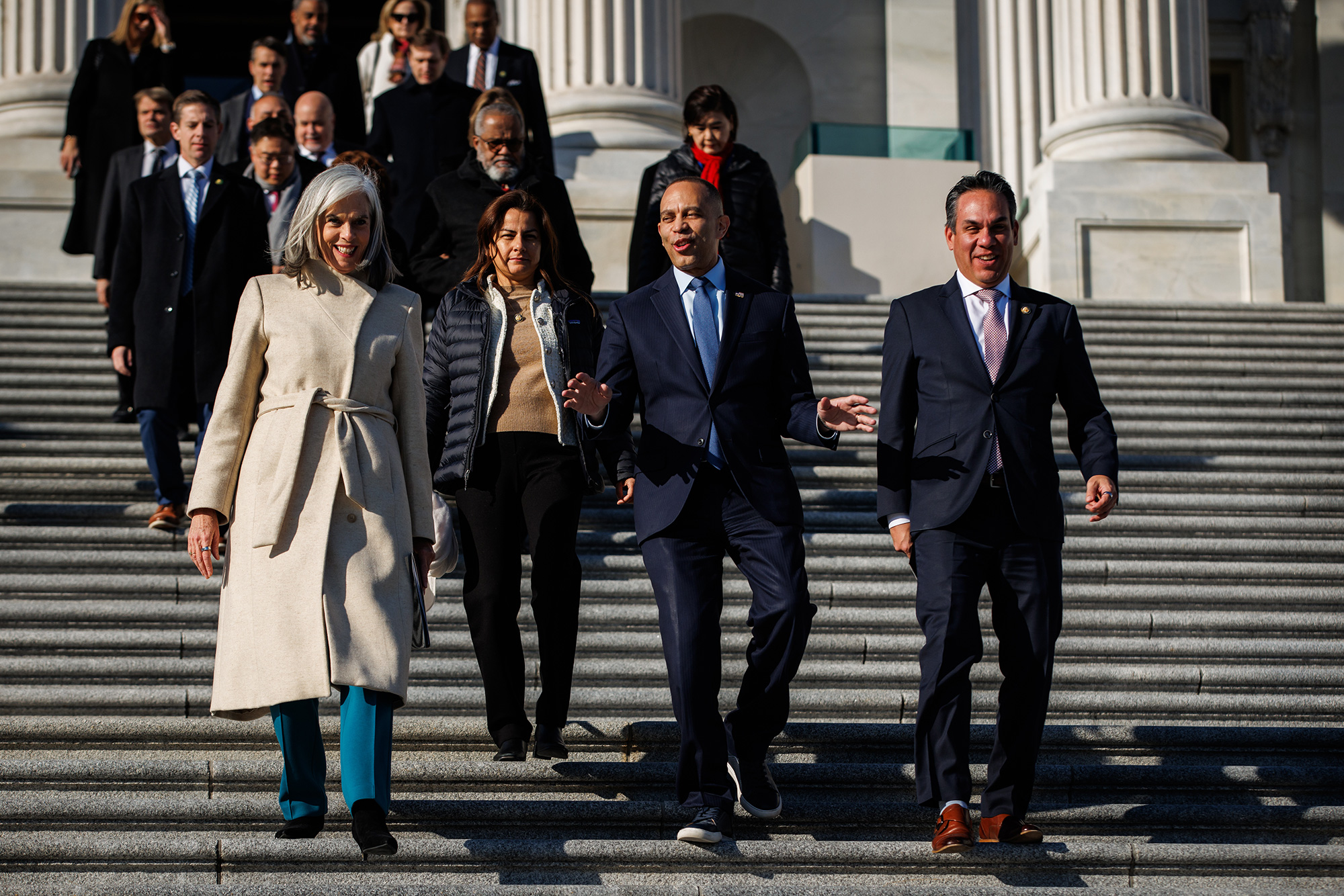As more nurses leave the field, hospitals and patients could start feeling the strain.
Americans are aging, fast.
According to the Population Reference Bureau, there will be 71.1 million seniors (aged 65+) in the U.S. by 2030, compared to 57.8 million in 2022.
That would be nearly a 23% increase in less than a decade. At the same time, the overall population will barely budge, growing just 3.5%.
Rising Healthcare Demands
Considering that seniors visit the doctor more often than younger people do, there is going to be a lot more demand for healthcare workers like nurses. According to the U.S. Chamber of Commerce, there will be about 1.5 million job postings for registered nurses over the next 8 years, but the U.S. will produce only 177,400 nurses in that time, a tiny fraction of what’s needed.
Impending Nurse Shortages
There are currently about 3.2 million registered nurses working in the U.S. But according to the 2024 National Nursing Workforce Survey conducted by National Council of State Boards of Nursing, 40% of registered nurses plan to leave the profession before 2030.
Retirement is one of the biggest causes of departure. The median age of registered nurses rose from 46 in 2022 to 50 in 2024. And nurses retire earlier than most other professions, with the average nurse retiring at age 58.
There may not be enough new nurses to replace the departing ones. Nursing school enrollment shrunk by 1.4% in 2022, the first decline in two decades. Enrollment only barely grew in 2023, going up by only 0.3%.
It’s no wonder that 42 out of 50 states are projected to have nursing shortages by 2030. In some cases, the damage is already being done. Becker’s Hospital Review reported that 10 hospitals closed down in just the first three months of 2025; 25 hospitals closed last year, compared to just 14 in 2023. The American Hospital Association and America’s Essential Hospitals both told Becker’s that workforce issues contributed to the spike in closures.
What Washington Can Do
Unfortunately, the reasons nurses plan to leave their jobs are not easily fixable from the government’s standpoint. Around half of survey respondents told the National Council of State Boards of Nursing they feel “a sense of depletion” (56%), “emotional exhaustion” (51%), “fatigue” (50%), or “burnout” (45%) at work.
One commonsense idea is to let veterans fill some of the vacant nursing positions. Military medics are trained and qualified to deal with just about any challenge in an emergency room. And yet many states say they lack the right credentials (like a college degree or professional license) to work as a nurse.
Another option is through immigration. About 1 in 6 registered nurses are immigrants nationwide, while in some states like New York and California it’s over 1 in 3 registered nurses. Boosting legal immigration could help shore up the nurse workforce.
Looking for the latest in your inbox? Sign up for emails from No Labels.
Related
Peyton Lofton
Peyton Lofton is Senior Policy Analyst at No Labels and has spent his career writing for the common sense majority. His work has appeared in the Washington Examiner, RealClearPolicy, and the South Florida Sun Sentinel. Peyton holds a degree in political science from Tulane University.




